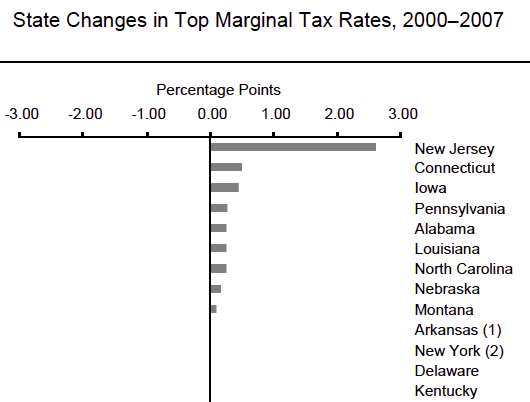Marshall Auerback: The Economic Policy Behind Intervention in Libya Chases Its Own Tail
By Marshall Auerback, a hedge fund manager and portfolio strategist. Cross posted from New Deal 2.0
Any intentions of boosting the economy will be obliterated by our spending on military actions.
As my friend Chuck Spinney has noted in an exchange of emails, President Obama’s actions in Libya show that he has caved in to the “humanitarian interventionists” in his administration, as well as British/French/American post-colonial and oil interests. The result: yet another war with a Muslim country that has done nothing to us. Additionally, the fact that we are doing nothing to staunch the Saudi/Bahraini/Yemeni crackdowns smacks of hypocrisy and will hurt us even more on the Arab streets.
Read more...
